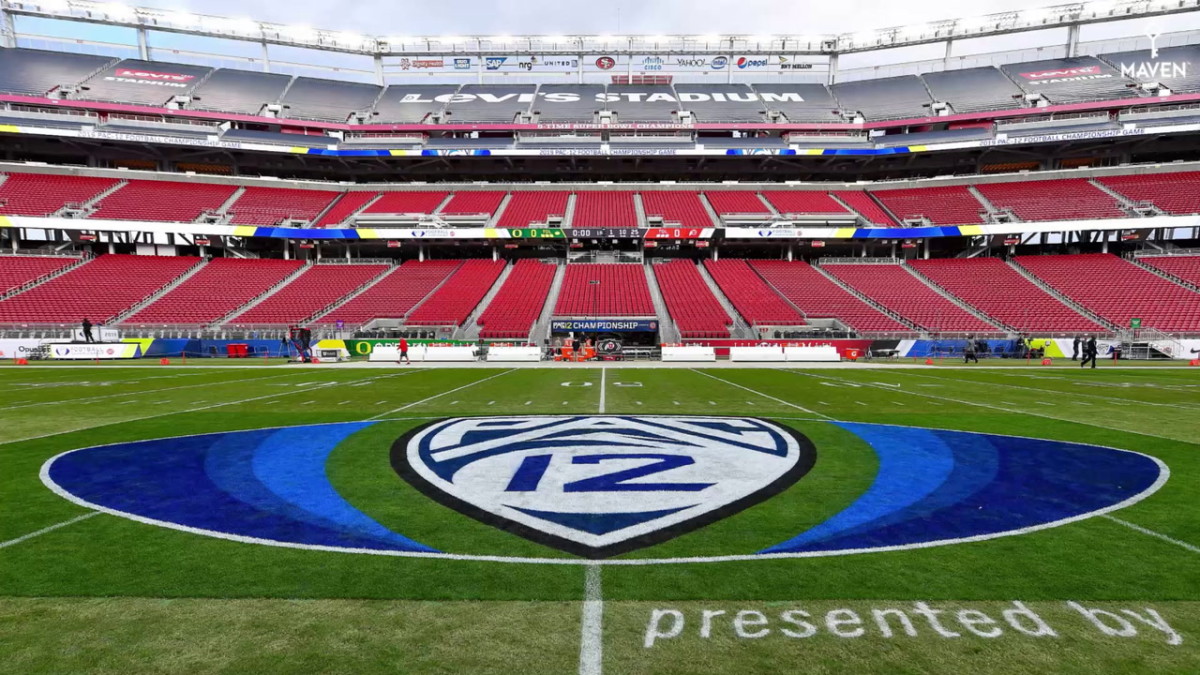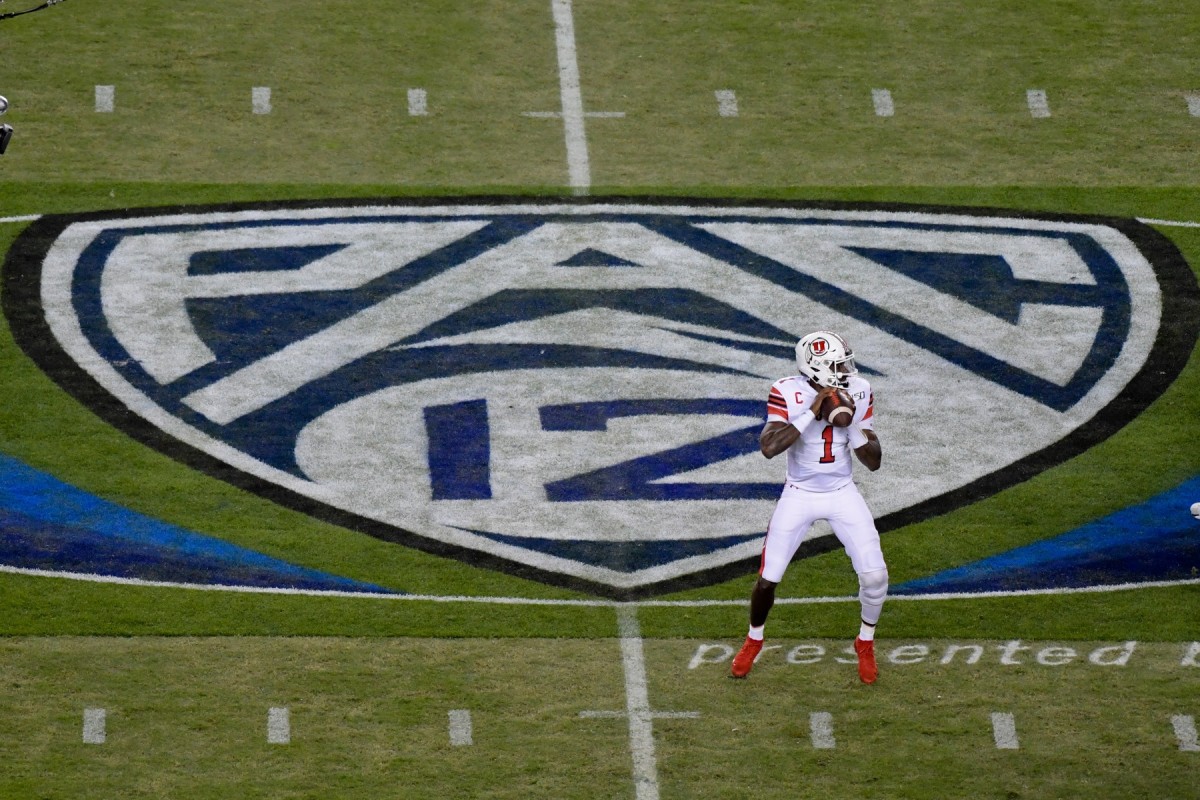Larry Scott: Chances of college football taking place now 'more perilous'
If you were hoping for college football to be played this upcoming fall, then this isn't exactly the news you'd want to hear.
Speaking with Andy Katz of NCAA.com as part of his NCAA Social Series, Scott talked about a number of topics relating to football and the upcoming season. He was adamant that the conference must be flexible with the ever-changing landscape because having one plan for every team just wouldn't be feasible for each school.
“Unless we see a change in the trajectory of the spread of the virus and its impact pretty quickly, I think the situation’s a lot more perilous than it was a few weeks ago,” Scott said.
There has been a lot of talk lately stating that in order for college football to take place, students need to be on campus taking classes — thus fulfilling the "student" part of the student-athlete.
But on Wednesday night, USC announced that it was going to take a different route and change its original plan of having all undergraduate students on campus this fall. Now, the school is planning to change primarily to online classes for the fall term, putting into question the eligibility of student-athletes considering they won't be on campus.
"We need to keep learning and understanding what's happening, until the latest point where we have to make a decision, one way or another, and we're trying to take baby steps," Scott said. "What we thought the narrative was a month ago is now very different. ... No one can predict right now what the fall is going to look like, in my opinion."

It's clear that the Pac-12, despite the rapid rise on coronavirus cases throughout the country, is doing a pretty good job with the health and safety of their players. Scott was praiseful for how the schools were handling all of the athletes who've returned for voluntary workouts — but there was still a massive underlying concern moving forward.
What happens when the rest of the undergraduate kids return to the campuses and wide-scale socialization takes place? It could ignite a massive wave of positive cases and almost entirely put a college program out of commission.
"As we’ve started to allow student-athletes back, the feedback I’m getting is, where there’s been mini-spikes among teams, it’s not because of what’s happening in the training room ... It’s the socialization that’s happening among young people that are back on campus and excited and happy to see each other," Scott said. "We’ve got challenges as a society. The civil liberties we’re used to in this country, we don’t have a culture of mask-wearing. I think what we’ve seen over the last few weeks gives us reason to be concerned that when campuses open up, there could be real spikes and pressures on the healthcare systems. From my perspective, that’s really the biggest risk to college sports in the fall.”
Scott did say that the conference is working towards playing all 12 games this season, including with all of the games featuring out-of-conference opponents. They've all reached an agreement on common standards for COVID-19 testing and isolation, which has helped push things along if there is to be a season.
But we are beginning to reach the point where certain decisions to be made, as NCAA chief medical officer Dr. Brian Hainline stated the upcoming weeks are extremely important if there is to be a college football season. Most notably, July 13 is the most important date because it signifies when mandatory football workouts for schools begin.
“As we move there, and you’re going several weeks into the preseason, I think as we understand what’s happening at that point in time, we’ll be able to make some important decisions," Hainline said. "So I see that as this really important transition phase.”

With Hainline signifying that date as important. Scott was a little less certain to point out that date — but he does believe that the coming few weeks as a whole are vitally important if college football is to be played.
“There could be decisions next week that some schools or some conferences make … I don’t know that there will be one date when the world of college sports decides, or the world of college football decides," Scott said. "I think we may see some individual decisions be made in the coming weeks. But I do think it’s a matter of the next few weeks that things will come into more focus.”
Who knows what's going to happen in the nest few weeks, but it's clear that Scott and the Pac-12 are thinking outside of the box — and that may be exactly what's needed if we get to see some football in September.
Want to share opinions or ask questions? We want to hear them! Making a profile is free and it only takes ~1 minute to set up. Also, be sure to like us on social media for future coverage:
Twitter — @UtahUtes_SI and Ryan Kostecka at @Ryan_Kostecka
